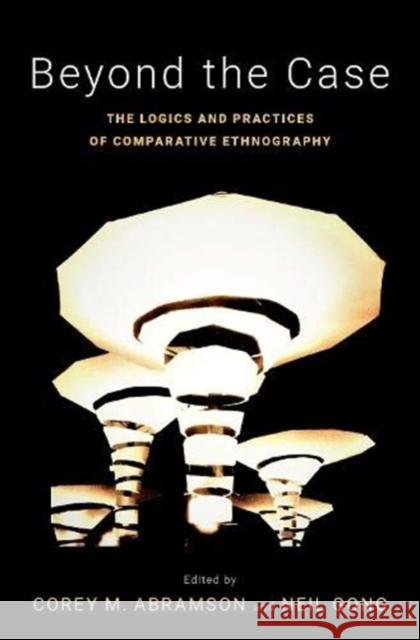Beyond the Case: The Logics and Practices of Comparative Ethnography » książka
topmenu
Beyond the Case: The Logics and Practices of Comparative Ethnography
ISBN-13: 9780190608491 / Angielski / Miękka / 2020 / 344 str.
Kategorie:
Kategorie BISAC:
Wydawca:
Oxford University Press, USA
Język:
Angielski
ISBN-13:
9780190608491
Rok wydania:
2020
Numer serii:
000772891
Ilość stron:
344
Waga:
0.47 kg
Wymiary:
23.37 x 15.49 x 2.03
Oprawa:
Miękka
Wolumenów:
01
Dodatkowe informacje:
Bibliografia











